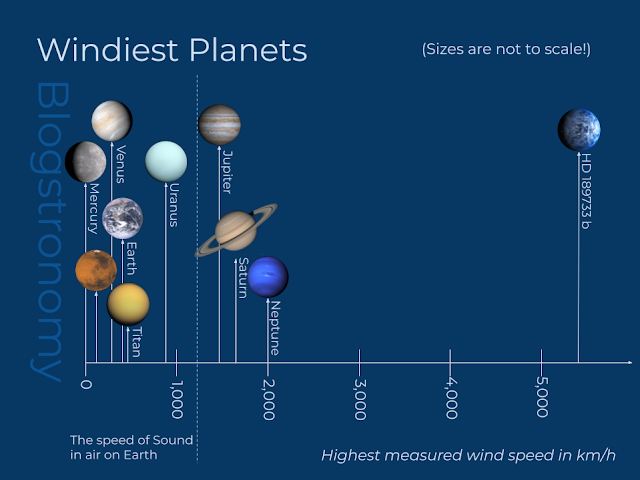Did the Big Bang Happen Within the Existing Higgs Ocean, or Create It?
Question posed by vossron in response to this post over at Blogstronomy's more mathematical site, The Actual Maths.
Bad move or not, 13.7 billion years ago the Universe rather dramatically exploded into being and spewed out a soup of radiation energy mixed with massless particles (the 'massless' bit's important). As this soup expanded it started to cool, and as soup sometimes does when it cools, bits of the radiation energy congealed, so current popular thinking amongst the right kind of scientists says, into the Higgs field. It's this field, along with its signature particle, the Higgs Boson, that supplied those early particles with the mass that's essential for forming the Universe we observe around us today.
Nobody knows what was around before the Big Bang happened, but the best guess is that it was nothing at all, not least because the question has little meaning: the Big Bang was when space itself - and time - came into being; It makes no sense to think of a 'before' with regards to the Big Bang.
With this in mind, it's thought that the Higgs field came into being with, or shortly after, the Big Bang, rather than the Big Bang happening within the field.
"In the beginning,
states Douglas Adams,
the Universe was created. This has made a lot of people very angry and has been widely regarded as a bad move."
Bad move or not, 13.7 billion years ago the Universe rather dramatically exploded into being and spewed out a soup of radiation energy mixed with massless particles (the 'massless' bit's important). As this soup expanded it started to cool, and as soup sometimes does when it cools, bits of the radiation energy congealed, so current popular thinking amongst the right kind of scientists says, into the Higgs field. It's this field, along with its signature particle, the Higgs Boson, that supplied those early particles with the mass that's essential for forming the Universe we observe around us today.
Nobody knows what was around before the Big Bang happened, but the best guess is that it was nothing at all, not least because the question has little meaning: the Big Bang was when space itself - and time - came into being; It makes no sense to think of a 'before' with regards to the Big Bang.
With this in mind, it's thought that the Higgs field came into being with, or shortly after, the Big Bang, rather than the Big Bang happening within the field.



Good explanation. Thanks. If I can indulge in a few more questions:
ReplyDeleteImmediately after the "bang", before the Higgs field was operational, all particles were massless. Does this mean they moved at the speed of light?
If radiation and "massless particles" were moving at 'c', then there was no time duration between the 'bang" and the Higgs field event when the 'massless particles' were imbued with mass. Is that correct?
And another question: does the Higgs boson have "mass" itself, or is it better thought of as a energetic massless 'thing'?
And finally, if in the pre Higgs moment nothing had mass, then does that mean spacetime was flat, because there was no mass to distort the spacetime? Or is spacetime distorted by the energy in the radiation etc?
Hi Chris,
ReplyDeletePlease accept my apologies for not responding to this sooner!
Your questions push the boundaries (if you'll allow me to be very generous towards myself) of what I know. I'll do my best...
- One of the consequences of Special Relativity is that all massless particles must move at the speed of light, so your supposition makes sense to me. However, the universe was a very different place at the time we're talking about, so I'd be wary about agreeing with you wholeheartedly. I just don't know, to be honest. It could be that we're dealing with a different set of rules.
- Again, your suggestion makes perfect sense to me unless I'm missing something. Which, in the interests of transparency, I may well be (the possibility of different rules at this time, again).
- As I understand it (once more I'm happy to be corrected by anyone who's studied this stuff in greater depth than I) the Higgs boson has mass, and comes from a jiggling of the Higgs field (in the same way that photons come from jiggling the electromagnetic field). The Higgs boson has a lot of mass, compared to other particles, and decays, in some sense, to become them. I think.
- The curvature of spacetime comes, I think, solely from the mass within the universe. General consensus is that spacetime is flat as the distribution of matter is homogeneous over large scales - locally space is curved, but universally it probably cancels out to give an overarching flatness. With this in mind, your last statement makes sense: without mass, how would spacetime get curved? Again, we're pushing the limits of what I actually _know_, so if anyone reading this knows better they must feel free to comment.